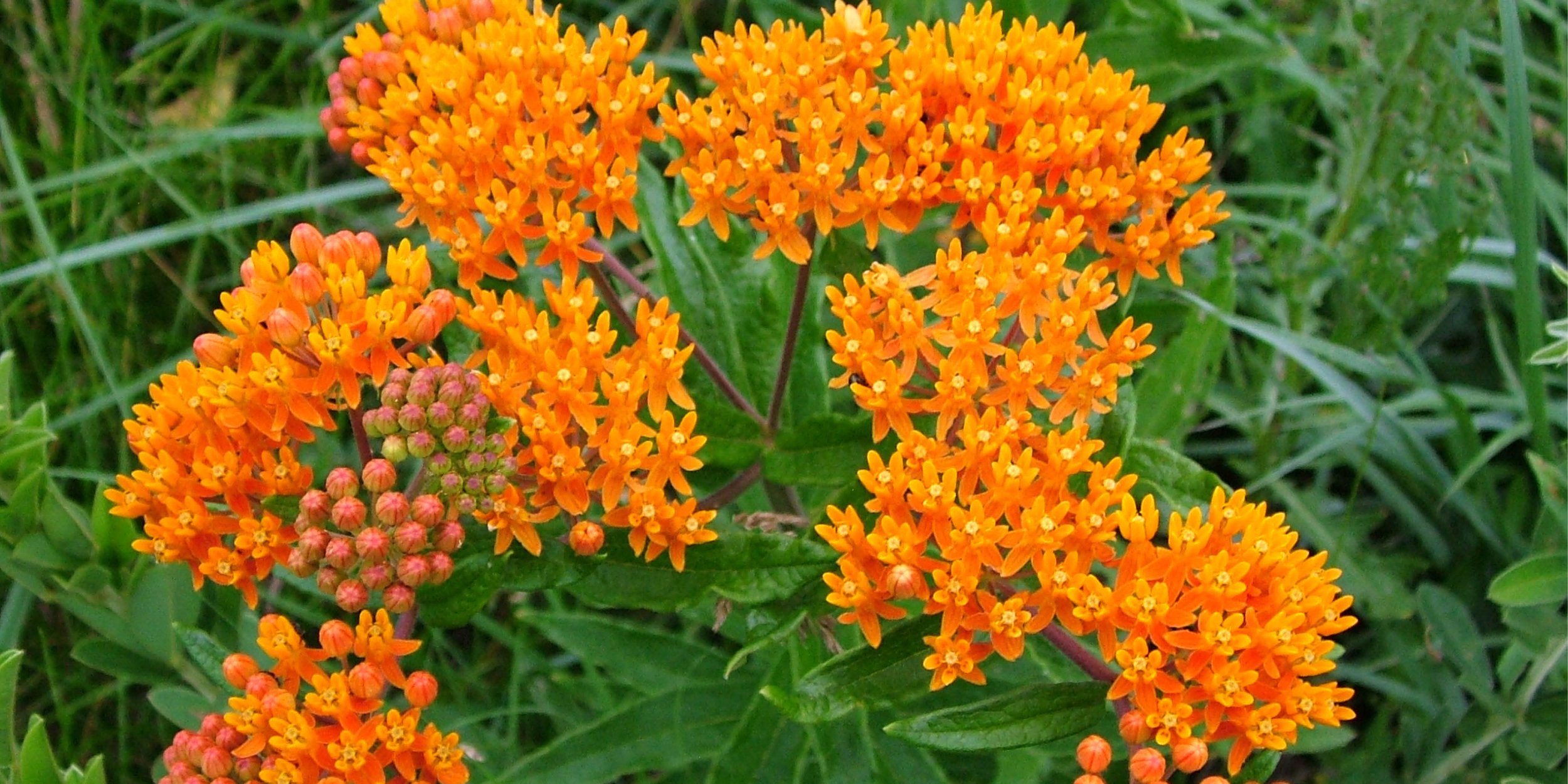Top 10 Hardy Perennials for Summer Planting in Minnesota
Why Plant Perennials in Summer in Minnesota?
Planting perennials in summer in Minnesota is a fantastic choice for gardeners looking to establish a beautiful and resilient garden. This year, Minnesota has experienced exceptional rainfall, creating an optimal environment for planting. Summer planting allows perennials to develop a robust root system, preparing them for the winter months ahead. Additionally, in years with less rainfall, summer planting encourages gardeners to adopt good watering habits, ensuring the survival and growth of their plants. Here’s why summer is the perfect season to cultivate a thriving perennial garden in Minnesota. By understanding the benefits and following essential tips for planting, soil management, sunlight exposure, and watering requirements, you can create a thriving perennial garden.
Top 10 Hardy Perennials for Summer Planting in Minnesota
Are you looking to enhance your Minnesota garden with perennials that can withstand the summer heat and thrive year after year? Look no further! Our curated list of the top 10 hardy perennials is perfect for summer planting in Minnesota. These resilient plants not only add vibrant color and texture to your landscape but also establish strong root systems to endure the state’s diverse weather conditions. Whether you’re a seasoned gardener or just starting, these perennials will help you create a beautiful, low-maintenance garden that flourishes season after season. Discover our top 10 picks for hardy perennials that will flourish in Minnesota’s summer conditions that you can plant now:
1 - Peony (Paeonia)
The peony (Paeonia) is a stunning, herbaceous perennial known for its lush, vibrant blooms that come in a variety of colors, including pink, red, white, and yellow. Thriving in full sun, peonies are well-suited for zones 3-4 and can tolerate dry soil conditions. These robust plants develop large, fragrant flowers that add a touch of elegance and charm to any garden. With their ability to withstand harsh winters and their minimal maintenance needs, peonies are a delightful addition to Minnesota gardens, offering beauty and resilience season after season.
Sunlight: Full sun
Zones: 3-4
Characteristics: Herbaceous perennial with beautiful blooms available in various colors; tolerates dry soil conditions.
2 - Hosta (Plantain Lily)
Hosta, also known as Plantain Lily, is a versatile and hardy perennial that thrives in full shade to part sun, making it ideal for garden areas with limited sunlight. Suitable for zones 3-4, hostas are renowned for their lush, broad leaves that come in a wide range of sizes, shapes, and colors, from deep green to variegated patterns. These perennials are exceptionally cold-tolerant and grow rapidly, reaching heights from 6 inches to 3-4 feet, and widths from a foot to 5-6 feet. Perfect for mass plantings and providing ground cover, hostas are a favorite among gardeners looking to add texture and foliage to their landscapes.
Sunlight: Full shade to part sun
Zones: 3-4
Characteristics: Cold-tolerant with a large variety; excellent for mass plantings and early, fast growth.
3 - Purple Coneflowers (Echinacea)
The Purple Coneflower, also known as Echinacea, is a vibrant herbaceous perennial that brings a splash of color to gardens with its striking pink and purple flowers. Thriving in full sun and suitable for zones 3-9, this resilient plant is not only beautiful but also highly functional, attracting a variety of pollinators, including bees and butterflies. Known for its long blooming period from mid-summer to early fall, the Purple Coneflower is drought-tolerant once established, making it a low-maintenance choice for gardeners. Its distinctive, daisy-like flowers with prominent central cones add a dynamic and cheerful presence to any landscape.
Sunlight: Full sun
Zones: 3-9
Characteristics: Herbaceous perennial with pink and purple flowers that attract pollinators; drought-tolerant once established.
4 - Joe Pye Weed (Eupatorium)
Joe Pye Weed (Eupatorium) is a tall, striking perennial that thrives in full sun to partial sun and is well-suited for zones 3-9. Known for its impressive height, ranging from 3 to 6 feet, this hardy plant excels in moist, wet areas but can also tolerate drought once established. From July to September, Joe Pye Weed blooms with clusters of pink flowers that are highly attractive to pollinators, making it a favorite among bees and butterflies. Its towering stature and vibrant blooms add a dramatic and elegant touch to any garden, providing both beauty and ecological benefits.
Sunlight: Full sun to partial sun
Zones: 3-9
Characteristics: Thrives in moist areas but tolerates drought; blooms with pink clusters from July to September; attracts pollinators. Deer resistant.
5 - Butterfly Weed (Asclepias)
Butterfly Weed (Asclepias) is a vibrant, herbaceous perennial renowned for its bright orange flowers that attract butterflies and other pollinators. Thriving in full sunlight and suited for zone 3a, this plant reaches about 2 feet in height, making it perfect for mass plantings and garden borders. Butterfly Weed is highly adaptable, flourishing in both dry and moist soil conditions, which makes it a versatile addition to any garden. Its striking blooms and ability to support pollinators add ecological value and dynamic color to summer landscapes.
Sunlight: Full sun
Zones: 3a
Characteristics: Great for mass plantings; grows about 2 feet tall; attracts butterflies and pollinators; thrives in dry and moist locations. Deer resistant.
6 - Baptisia (False Indigo)
Baptisia, commonly known as False Indigo, is a resilient perennial plant prized for its striking spikes of pea-like flowers and attractive foliage. Thriving in zones 3 to 9, Baptisia is a sun-loving plant that can tolerate light shade. Blooming in June, it produces tall, upright stems reaching heights of 3 to 4 feet, adding vertical interest to garden borders and landscapes. Known for its drought tolerance and ability to attract various butterfly species, Baptisia is a low-maintenance and versatile addition to any garden, providing both beauty and ecological benefits.
Sunlight: Full sun to light shade
Zones: 3-9
Characteristics: Drought-tolerant and deer-resistant; blooms from April to May; attracts butterflies. Deer resistant.
7 - Lupine (Lupinus)
Lupine (Lupinus) is a charming perennial prized for its vibrant, spiky blooms that add a splash of color to garden landscapes. Preferring moist, rich, well-drained soil and full sun to light shade, Lupines are ideal for zones 4 to 8. Blooming from May to June, these stunning flowers come in a variety of colors, ranging from soft pastels to bold blues and purples, attracting attention from humans and pollinators alike. With its compact growth habit reaching up to 2 feet tall, Lupine is perfect for adding vertical interest to flower beds and borders, creating a picturesque and inviting garden scene.
Sunlight: Full sun to light shade
Zones: 4-8
Characteristics: Prefers moist, rich, well-drained soil; blooms in various colors from May to June; grows up to 2 feet tall. Deer resistant.
8 - Catmint (Nepeta)
Catmint (Nepeta) is a delightful perennial known for its aromatic gray-green foliage and profusion of soft lavender-blue flowers. Thriving in zones 3 to 8, Catmint is a versatile plant that grows up to 3 feet tall, making it suitable for various garden settings. Preferring full sun to part shade, this resilient herbaceous perennial is easy to care for and requires minimal maintenance. Its fragrant blooms attract pollinators like bees and butterflies, adding both beauty and biodiversity to garden landscapes. With its long-lasting blooms and graceful appearance, Catmint is a charming addition to any garden, providing color and interest throughout the growing season.
Sunlight: Full sun to part shade
Zones: 3-8
Characteristics: Aromatic foliage with lavender-blue flowers; grows up to 3 feet tall. Deer resistant.
9 - Russian Sage (Perovskia)
Russian Sage (Perovskia) is a graceful and aromatic perennial prized for its delicate, silvery-green foliage and tall spikes of small, lavender-blue flowers. Flourishing in zones 4 to 9, this hardy plant thrives in well-drained soil and full sunlight. Blooming from July to September, Russian Sage adds a touch of elegance and color to garden landscapes, attracting pollinators like bees and butterflies with its abundant nectar. With its tall growth reaching up to 32 inches, Russian Sage creates a stunning visual impact, especially when planted in mass or as a backdrop to other garden plants. Drought-tolerant and low-maintenance, Russian Sage is an excellent choice for gardeners seeking both beauty and resilience in their landscapes.
Sunlight: Full sun
Zones: 4-9
Characteristics: Thrives in well-drained soil; blooms from July to September with tall stalks of purple-blue flowers. Deer resistant.
10 - Sedum (Stonecrop)
Stonecrop (Sedum) is a resilient and versatile perennial known for its succulent foliage and clusters of colorful flowers. Thriving in zones 3 to 4, Stonecrop is well-suited to ordinary, well-draining soil and full sunlight. With its drought-tolerant nature, Stonecrop is an excellent choice for gardeners seeking low-maintenance plants. Depending on the variety, Stonecrop can feature flower stalks or low-growing, leafy structures, adding texture and visual interest to garden landscapes. Blooming from August to September, its vibrant flowers attract pollinators like bees and butterflies, contributing to garden biodiversity. With its ease of care and vibrant blooms, Stonecrop is a beautiful addition to rock gardens, containers, or as ground cover in sunny areas.
Sunlight: Full sun to part shade
Zones: 3-4
Characteristics: Drought-tolerant with a variety of types; some with flower stalks, others with low-growing leafy structures; blooms from August to September. Deer resistant.
Tips for Planting Perennials in Minnesota
Understanding each plant's needs is crucial when planning your perennial garden. It's essential to consider factors such as soil type, water requirements, sunlight exposure, and hardiness zones to ensure optimal growth and blooming. Learn more about hardiness zones here. Perennials can thrive in various soil types, ranging from well-drained to moist, rich, and fertile soils. While amendments like compost and organic matter can enhance soil quality, they are not always necessary for hardy perennials. Proper placement based on sunlight needs is also vital for the success of your plants. For full sun, ensure your plants receive at least six hours of direct sunlight. For part sun, they should get three to six hours of direct sunlight daily. Part shade requires three to six hours of sunlight with protection from mid-day sun, while full shade plants need less than three hours of sunlight each day. Regular watering is essential, especially during the first growing season. While some years bring ample rainfall, self-watering will likely be required to prevent drought stress and promote strong root development. For more in-depth information on managing your gardening in the summer, checkout our Summer Garden Management Steps here.
By following these tips and selecting the right perennials, you can enjoy a vibrant, sustainable garden that thrives throughout the summer and withstands the harsh Minnesota winters. Happy planting!












